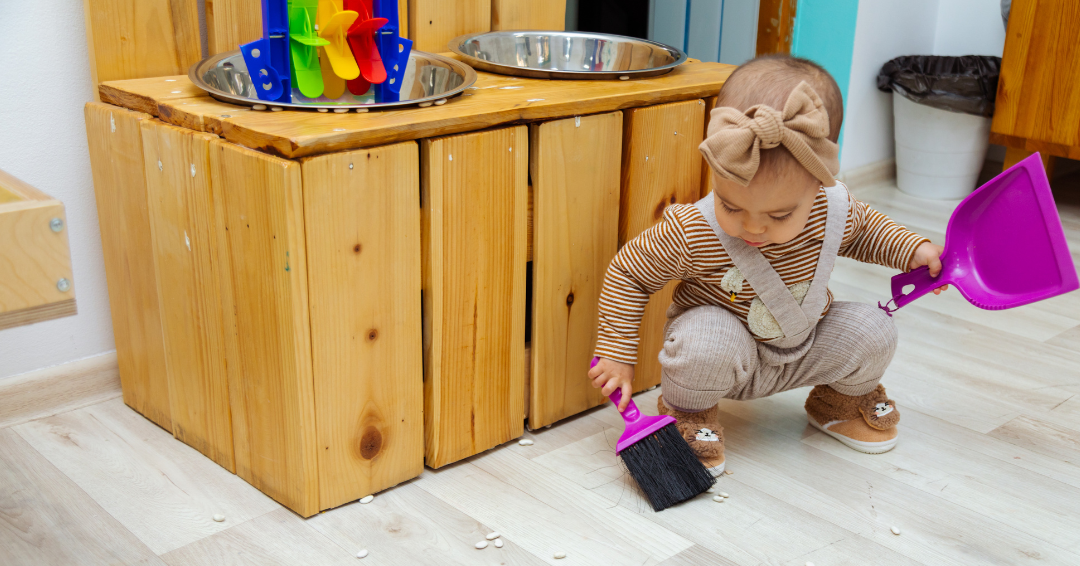When and How to Encourage Independence in Toddlers
For parents and caregivers, watching a toddler begin to assert independence can be both exciting and challenging. From wanting to feed themselves to insisting on putting on their own shoes, these small steps are important building blocks in early childhood development. Encouraging independence not only helps toddlers gain confidence but also strengthens problem-solving skills, social growth, and emotional resilience.
When Do Toddlers Start Seeking Independence?
Signs of independence often begin to appear around 12-18 months, but the drive to “do it myself” typically peaks between ages 2 and 3. Common milestones include:
Feeding themselves with a spoon or finger foods.
Showing interest in dressing or undressing.
Choosing between two toys, books, or snacks.
Imitating adult actions like sweeping or stirring.
Exploring new environments with curiosity.
Every child develops at their own pace. Check our developmental milestones guide to see if your child is on track. If you notice your child is missing multiple milestones, schedule a free developmental screening at Encompass Family Support Services.
How to Encourage Independence in Positive Ways
Supporting independence doesn’t mean stepping back completely; it’s about giving children safe opportunities to try new things while providing encouragement and gentle guidance. Here are five strategies to try:
Offer Simple Choices
Instead of asking open-ended questions like, “What do you want to eat?” try offering two clear options: “Would you like apples or bananas?” Choices help toddlers feel empowered without overwhelming them.
Create Toddler-Friendly Spaces
Low shelves with accessible toys, step stools at the sink, and hooks at their level for jackets can give children chances to practice self-help skills.
Practice Patience (and Expect Messes)
Whether it’s zipping a coat or pouring water into a cup, independence takes time and often comes with spills or mistakes. Allowing your child to try, even if it’s slower, builds confidence.
Celebrate Effort, Not Just Success
Praising your child for trying (“You worked hard to put on your socks!”) reinforces persistence and resilience.
Model and Teach Through Routine
Children learn by watching you. Narrating daily tasks, like washing hands or putting away dishes, helps them understand steps they can copy.
Why Independence Matters for Development
Encouraging independence in toddlers is about more than daily routines. These skills lay the foundation for:
Language growth: Asking for help, expressing choices, and narrating play.
Social development: Learning to share, take turns, and engage with peers.
Problem-solving: Building resilience through trial and error.
Self-confidence: Feeling proud of their abilities, even in small steps.
Encouraging Independence with Support
Every child develops differently, and it’s natural for parents to wonder if their toddler is on track. If your child is consistently struggling with independence skills, or you’re concerned about areas like speech development, motor skills, or social growth, Encompass Family Support Services can help. With the right support and encouragement, toddlers can take meaningful steps toward independence, building confidence that lasts well beyond the early years.

